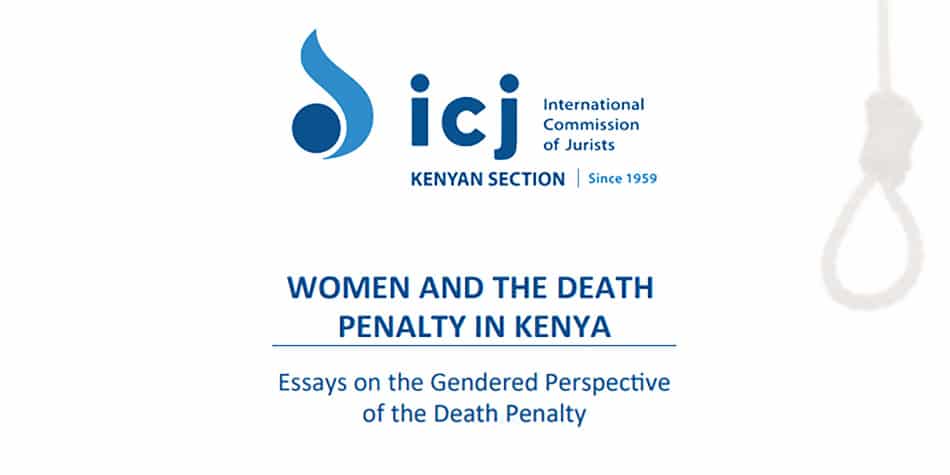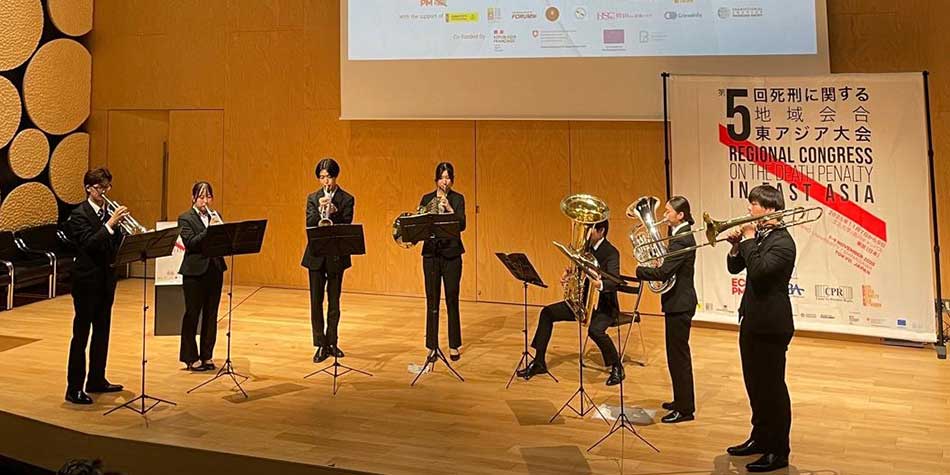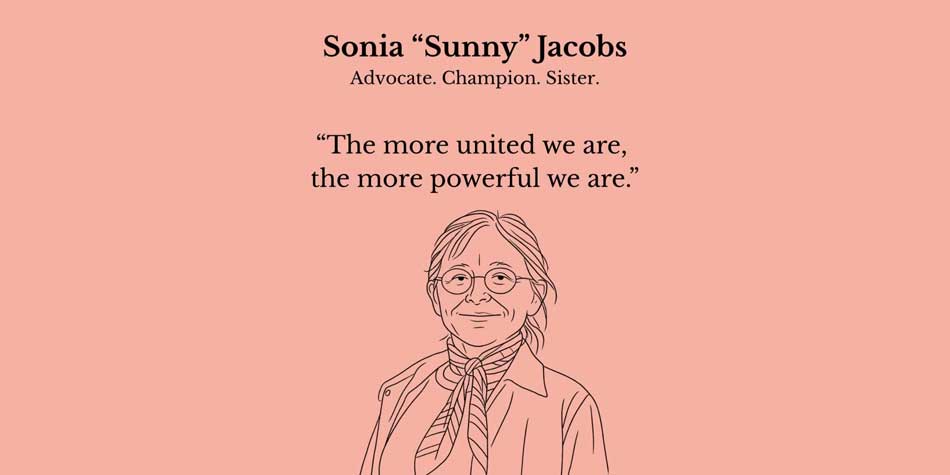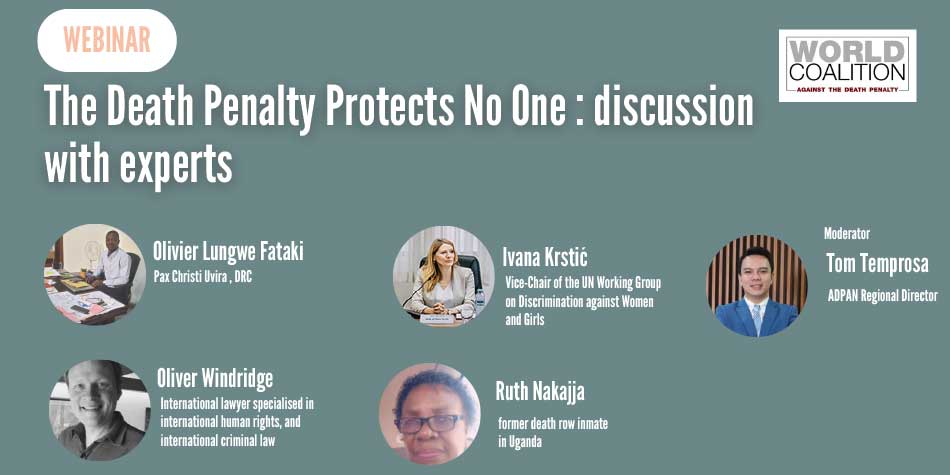
ICJ Kenya Makes Gender Discrimination in Capital Punishment Visible
Kenya is one of a few target countries for the World Coalition Against the Death Penalty’s “Gender and the Death Penalty” campaign; a campaign that is being conducted in collaboration with its member organisations in the country, namely the Kenyan Section of the International Commission of Jurists (ICJ Kenya) and the Kenya Human Rights Commission.
Although Kenya has not carried out execution since 1987, the death penalty still exists in its laws for offenses like murder, robbery with violence, treason, and mutiny. As of February 2024, there are 101 people on death row including two women (ICJ Kenya, 2024). In 2022, there were 656 people sentenced to death, including 22 women (ICJ Kenya, 2022).
As a non-profit organisation dedicated to human rights and justice in Kenya, ICJ Kenya is actively involved in advocating against gender discrimination in the death penalty process and has been at the forefront of the advocacy campaign to bring awareness to intersectional discrimination faced by women through capital punishment. For this, ICJ Kenya employs various strategies: convening stakeholders’ discussions, implementing advocacy initiatives, leveraging digital platforms for impact, especially during events like the World Day Against the Death Penalty and conducting research, including prison visits and interviews with women on death row which are later disseminated through social media platforms and podcasts.
To support this ongoing work, ICJ Kenya received a small grant from the World Coalition which enabled them to publish a publication, ‘Women and the Death Penalty’. This publication sheds light on the discrimination faced by women in Kenya’s death penalty process. Readers of this article can consult this insightful publication in its entirety [click here], although a few key points from the publication are highlighted below.
Gender based violence and the criminal justice system: a continuum of violence
Trends from court cases indicate that in Kenya most women on death row are convicted of murder, often perpetrated in response to gender-based violence inflicted by male partners. However, this important aspect frequently fails to serve as a mitigating factor during sentencing. The presence of systemic gender biases within the criminal justice system further exacerbates these inequalities, as women encounter unfair pre-trial procedures, trials, and sentencing, which can intensify their trauma. However, it is important to acknowledge that there has been notable progress in Kenya, particularly highlighted by the 2021 State v Truphena Ndonga Aswani decision. This decision challenged the mandatory death penalty for murder, emphasising the importance of judges to consider mitigating factors prior to sentencing, including those related to gender-based violence,.
The role of the media in shaping perceptions of women on death row
ICJ Kenya’s publication highlights the role of the media in shaping public opinion and attitudes on a wide range of social issues, including the representation of women in capital punishment cases. When women commit crimes, particularly those of a violent nature, the media often depicts them as ‘doubly deviant’. This characterisation arises from the perception that these women have not only transgressed the law but have also violated social expectations of femininity. Besides reinforcing gender stereotypes about what makes a ‘good woman’, this kind of extensive media coverage often leads judges to impose harsher sentences. This phenomenon, known as a ‘media trial’, undermines the principles of fair and impartial justice and can have negative impacts on women’s mental health. In addition, constant exposure to negative images exacerbates the psychological burden on women and hinders their reintegration into society.
The nexus between psychological abuse and provocation
In the publication, ICJ Kenya also emphasizes the extensive scope of psychological abuse, which includes threats, humiliation, control, manipulation, and gaslighting. The publication delves into the connection between psychological abuse and provocation, underscoring the importance of courts recognising such instances as mitigating circumstances in trials, involving women sentenced to death for murder in the context of gender-based violence. Research indicates that prolonged abuse against women can lead to a perceived need for self-preservation, often resulting in actions such as killing the abuser. However, courts typically require sudden, temporary loss of control for provocation to be considered, disregarding the long-term effects of domestic abuse. Additionally, ICK Kenya demonstrates that the understanding of the Battered Women Syndrome is crucial, as it highlights the severe psychological distress experienced by victims of intimate partner violence, which can impair reasoning and affect intent for a crime.







